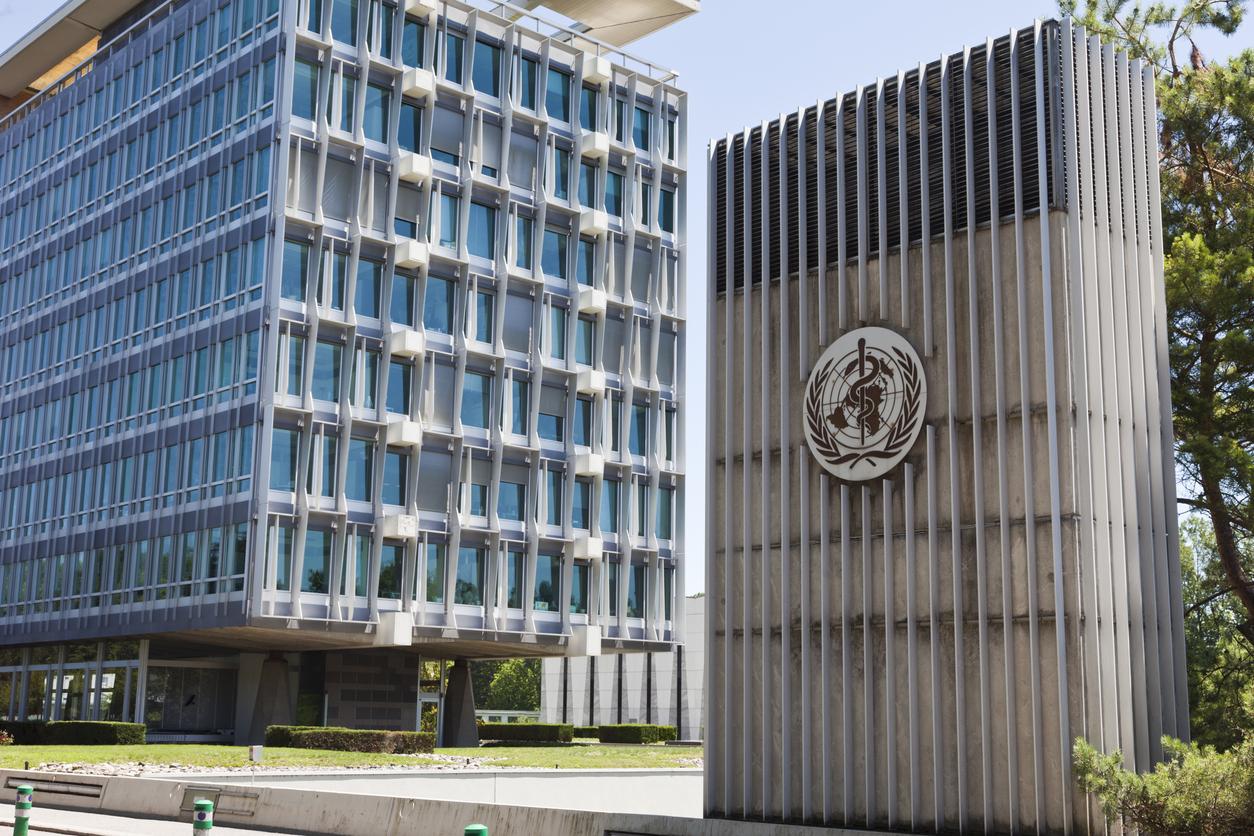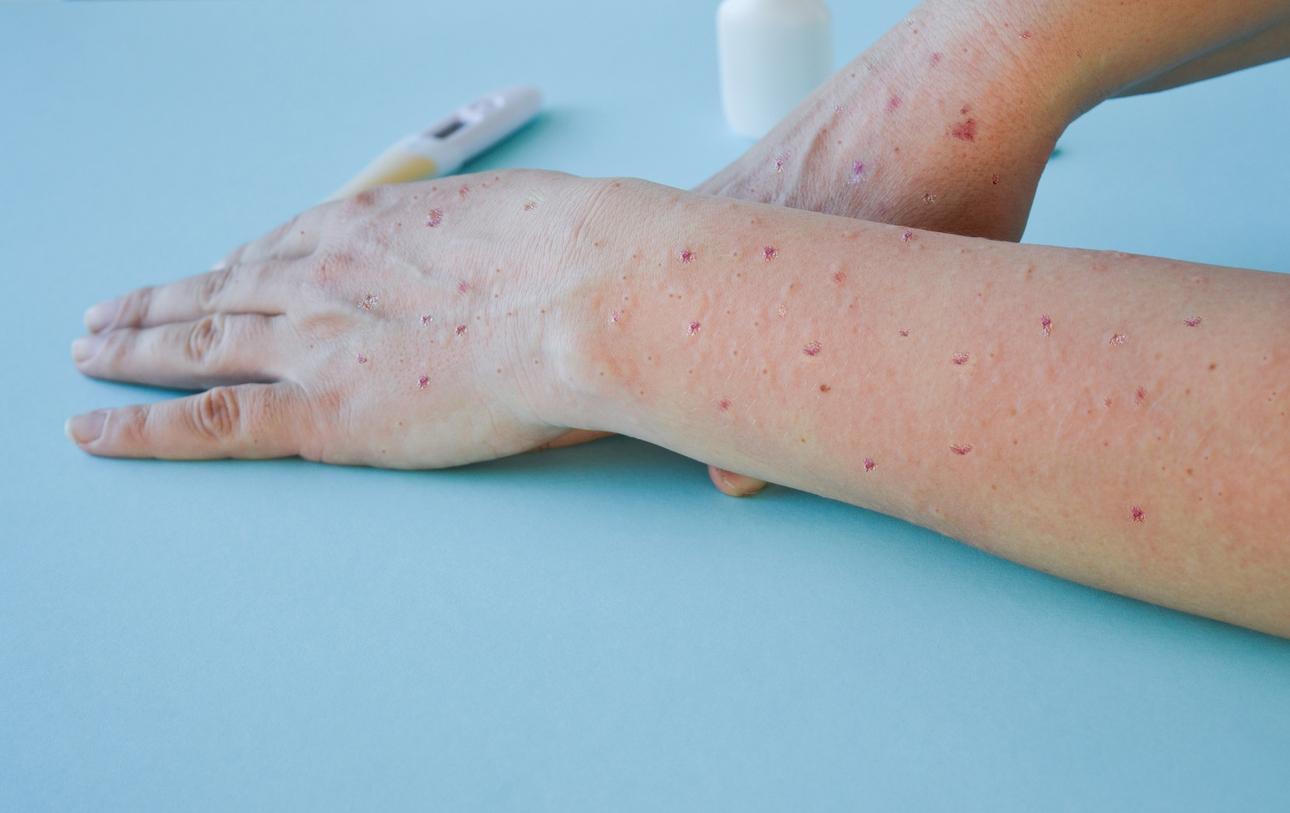The World Health Organization shows in a new report how four major sectors of activity “drive chronic diseases, undermine health policy and target vulnerable people”, leading to the deaths of millions of people in the European region.

- The WHO report “Commercial determinants of non-communicable diseases in the WHO European Region” condemns four major sectors of activity: tobacco, ultra-processed foods, fossil fuels and alcohol.
- According to experts, these industries “are entirely or partially responsible for 2.7 million deaths” each year in Europe.
- “Industry tactics include exploiting vulnerable people through targeted marketing strategies, misleading consumers and making false claims about the benefits of their products or their environmental performance,” said Dr Hans Henri P. Kluge, WHO Regional Director for Europe.
The document is damning. In a report from the WHO Regional Office for Europe, published on June 12, 2024, clearly explains how powerful industries are behind health problems and premature mortality in Europe and Central Asia. Their technique? Interfere and influence “on efforts to prevent and combat non-communicable diseases (NCDs), such as cardiovascular diseases, cancers and diabetes, and their risk factors, including tobacco, alcohol, unhealthy diets and obesity”.
“Tactics used by industries to maximize profits and harm public health”
“The new report, titled “Commercial determinants of non-communicable diseases in the WHO European Region” [Déterminants commerciaux des maladies non transmissibles dans la Région européenne de l’OMS]highlights the wide range of tactics employed by industries to maximize profits and harm public health“, the WHO said in a statement.These practices fuel inequalities and rates of cancer, chronic cardiovascular and respiratory diseases and diabetes, and constitute a major obstacle to prevention policies.”
WHO targets tobacco, ultra-processed foods, fossil fuels and alcohol
According to the report, the tobacco, ultra-processed food, fossil fuel and alcohol industries “are fully or partially responsible for 2.7 million deaths per year”.
“Four industries claim at least 7,000 lives in our region every day. These same big business entities are blocking regulations that would protect the public from harmful products and harmful marketing, and protect health policy from industry interference.explained Dr Hans Henri P. Kluge, WHO Regional Director for Europe. Industry tactics exploit vulnerable people through targeted marketing strategies, mislead consumers and make false claims about the benefits of their products or their environmental performance. These tactics threaten the public health gains made over the last century and prevent countries from achieving their health goals. WHO/Europe will work with policy-makers to strengthen tactics to protect against and reduce the harmful influence of industry. Today, we provide compelling evidence of the harms of products and business practices, affirming that people must always come before profit.”
We see clearly how the behavior of big business harms public health and causes unnecessary illness and suffering.
To combat these practices that are harmful to health, the report calls for action from the 53 Member States of the European region to implement stricter regulations in several areas (lobbying, transparency, marketing, etc.) and to combat commercial influence at all levels (individual, environmental, public policy and political-economic systems).
“The insidious practices of powerful industries are not new, and they will not disappear easily, said Dr Gauden Galea, Strategic Advisor to the Regional Director, Special Initiative on NCDs and Innovation, WHO Regional Office for Europe. This is a long-term effort that requires political will above all. We see clearly how corporate behaviour is harming public health and causing unnecessary illness and suffering. The various case studies presented in our report reveal the extent of industry interference in our Region, and show that our current mechanisms for preventing NCDs are completely inadequate. Countries must report on their progress at the UN High-level Meeting on NCDs in September 2025, and time is running out. We must all – Member States, civil society, academia and international organizations – make the necessary efforts to protect public policies and future generations from preventable chronic diseases.”

















